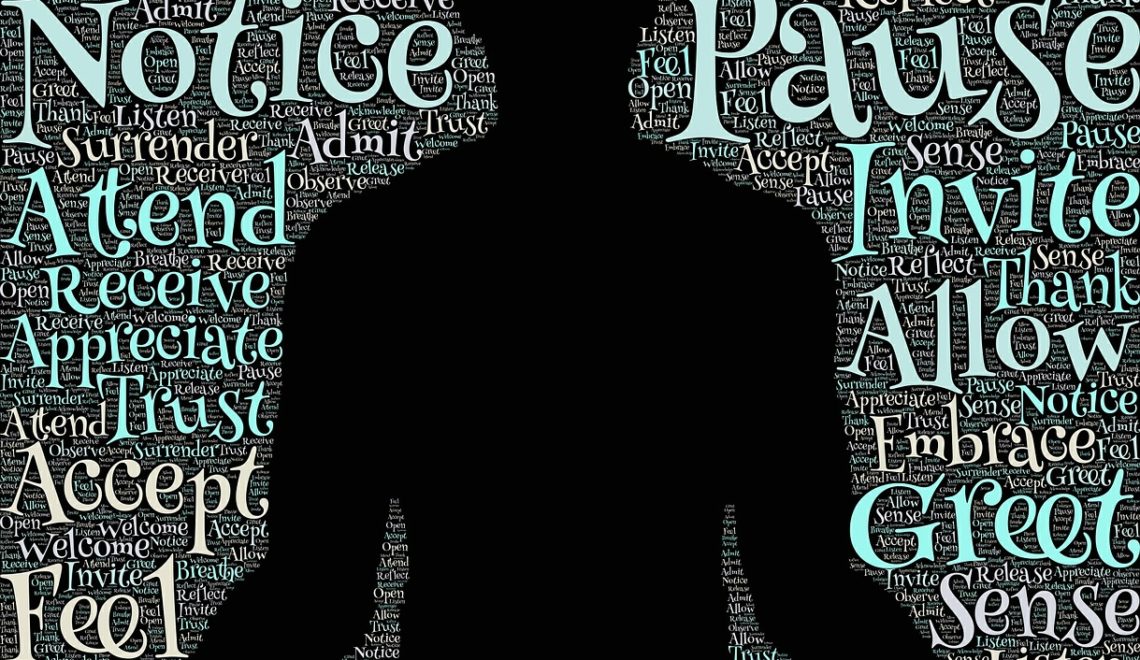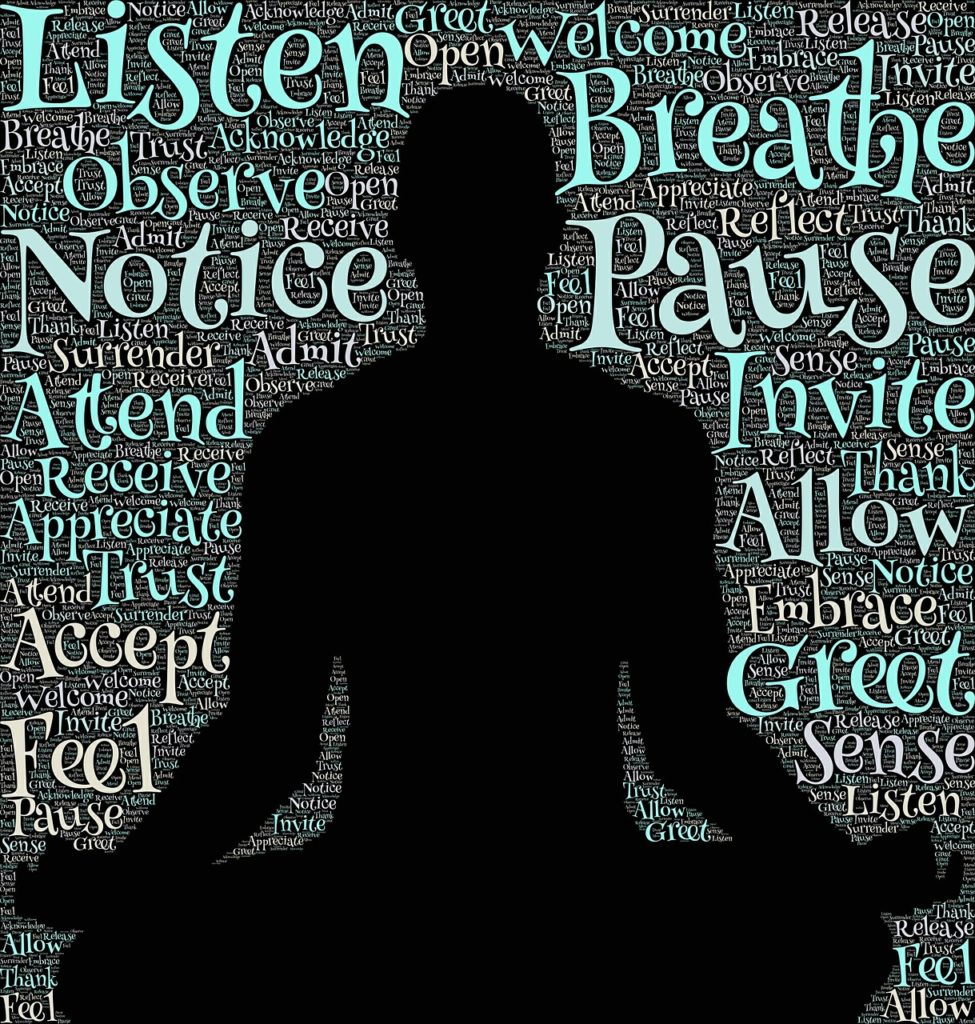
My throat closes up, my heart beats faster and faster…I start speaking. I realise that I am talking faster than my heart is beating. How is that possible? “SLOW DOWN!” I scream internally. But nothing changes.
“TOO FAST, NO ONE CAN UNDERSTAND YOU. SLOW DOWN!” I reprimand myself, again internally. But…nothing changes.
“BREATHE!” I command my lungs. It seems I have forgotten how to take a deep breath.
It’s over. People are looking at me. They look confused, I can’t blame them. I am still shaking. I hope they can’t see my tremors.
My experience with public speaking has always promised jolts of anxiety, increased heart rate and fear. This causes me to talk so fast that my speech gets blurred. In my head, however, I never realise just how fast I am speaking. Until it’s all over and I think the audience is happy that I am finally done.
Yes, I have intense stage fright.
Stage Fright

The thought of speaking, or performing, alone in front of an audience is daunting. All eyes are on you, making rapid judgements, not just about the quality of your delivery but also about your personality. Deep rooted in our primal fight or flight instincts, we find a desire to be liked. We want people to think that our speech is excellent, our performance entrancing. On the other hand we fear the audience will think we are stupid, that our speech doesn’t make sense, that our performance is sub-par at best.
These are all natural emotions, hard to eradicate. But maybe we shouldn’t try to rid ourselves of them. Rather, we could learn to leverage them and in doing so, we might find that there are ways for one to overcome stage fright.
It is important to remember that everyone is different. As such, there is no single formula to overcome stage fright. All I can do is suggest a few tips, from which you may pick and choose the ones that suit you best.
How to Overcome Stage Fright
Experience is of course one thing that will at least help mitigate your stage fright. But there are a few straight forward ways to help calm yourself. Some are technical, while other are more about calming your mental state. Let’s start with the technical.
Technical
1) Know/Understand Your Material Well
The first step is to ensure that you fully know your material and understand it as well. This is true especially when you are giving speeches. Being well informed on your topic is critical for it enhances your confidence in yourself. Part of this step entails understanding your audience as well. Think of it as preparing yourself to answer any question you might be asked. Once you’ve addressed the key questions, you should know your material well enough to explain it to anyone.
If you need some help on how you can improve your public speaking skills, follow the link. To help you some more, here is video on the secret ingredient that all the best talks have in common.
2) Rehearse
Not rehearsing enough was one mistake I seemed to consistently make, despite knowing how useful it would be. I don’t think I need to say much about rehearsing other than the usual. Rehearse in front of the mirror enough times that you know when to pause, to inflict, to change tones, exclamations, emphasis and so forth. The more times that you do this, the better your delivery will be.
Mental
The real battle is, as we all know, mental. Sometimes simply stepping on stage unwinds all the effort you put into knowing your material, and all those hours you spent rehearsing. It feels like nothing can stop the shaking, which makes it even harder to keep your voice steady. I cannot tell you how many times I have been in this position — where I thought I was prepared enough but my nerves were insurmountable.
It is important to acknowledge and become aware of the negative thoughts, beliefs , images and outcomes that plague your mind before speaking in front of an audience. By addressing this negativity, you can begin to change it into something positive. For instance, if you’re thinking “I’m scared that I’ll forget something”, notice this thought and change it into, “I am confident in myself and the knowledge I have on my topic.”
Here are a few things I started doing that have helped me calm my flight or fight instincts, and at least not race through my words.
1) Reinforce Positive Thinking

Calm your nerves even when you are practising. Notice those negative thoughts as they surface. Let them come and observe them.
Why am I thinking this way? What could I do to change that? There is no point in trying to bury your fears or anxiety. Rather, notice these emotions. Stop and observe them. Let them come and allow yourself to let them pass.
Begin to see your speech as something valuable, something interesting that you want to share. It isn’t about whether or not people like you. It’s about what you have to share that is of value. Honestly, it doesn’t have to be some Earth shattering unique information.
The purpose of your speech is simply to contribute something valuable. I once gave a speech on Holi to an audience that really didn’t know much about this festival. To them, it was interesting to learn about something new.
I must admit, however, that I was incredibly nervous during this speech. Looking back, I wish I had recognised my speech as contributing something valuable rather than as something people were going to get bored by. I was afraid of not being liked, of being judged as unoriginal and stupid. These are the kinds of thoughts that I try to be more aware of now.
2) Practice Deep Breathing
I have mentioned this before and I will mention it again — practice some diaphragmatic breathing. This is a deep breathing technique, focusing on where the air comes from in your belly rather than the chest. Diaphragmatic breathing interrupts the body’s fight or flight mode, increases oxygen, and decreases the amount of stress hormones that are released. Do so every time you rehearse your speech, not just when the time comes to get up on stage.
3) It’s Okay to Make Mistakes
You really don’t have to be perfect. This is coming from someone who has tried, time and time again, to achieve perfection only to have it bite me in the *explicit word*. I’m not naturally great at public speaking, or most things for that matter. I have to try and work hard. But I don’t have to be perfect — this is such an important realisation to have. Understanding this one simple thought really helps calm your nerves down. In fact, it even helped me get in a better mood about what I was saying. Knowing that it’s okay to make mistakes allows for a more stable mental state, one where you don’t get flustered and stumble as easily. Relax and try to have a little fun.
4) Don’t Be Afraid of the Audience
You know what, in some cases it’s oaky to tell your audience that you’re nervous, especially if you are not experienced in public speaking. It builds a human connection between you and those listening to you. Of course, in more formal settings you might not be able to do so. In those cases, simply remind yourself that you are there to contribute something of value.
5) Pick a Focal Point
Choose a spot that is far from where you stand, towards the end of the room perhaps. But it should be a point that is unimportant. When you feel your nerves building, use that spot to calm yourself down. This way you’re not ignoring your nerves. You acknowledge them and then you redirect them. Picture something like transferring your nervous energy into that spot and leaving it there.

6) Be Mindful of Your Breathing
At the start of this post I mentioned how it seemed that had forgotten how to breath while I was speaking in public. That was true. Being mindful of your breathing is a great way to relax your body and bring yourself into the present.
This can facilitate you in noticing your delivery style, speed and tone more clearly. Sometimes I would feel like I’m hidden somewhere in my brain, and someone else just talking at the speed of light. But I found it so hard to change that. Being mindful about my breathing helped me actually slow down. One of the reasons simply being that I had to pause more on occasions when I took deeper breaths. Practise this when you are rehearsing as well.
7) Build Healthy Lifestyle Habits
It is so important to exercise, eat nutritious food and get enough sleep. In general, these habits are essential to long-term well being. If you can find the time to fit in even 30 minutes of exercise a few times a week, do it. Exercising is certainly helping me through my adult life. Regular exercise releases brain chemicals key for memory, concentration, and mental sharpness. Building healthy lifestyle habits in general really help with anxiety, motivation and self-confidence. In fact, you might find that one plays into the other — you are more motivated because you are more self-confident, which makes you less anxious and vice-versa.
8) Connect With Your Audience
Greet your audience, smile at them and make eye contact. A warm and friendly greeting will make a nice impression. This is turn might help you think of your speech less in the sense of “talking at” and more like “talking with” the audience. Stand up straight, relax your muscles and remember to smile. If you have space, use that space to walk around while you speak. Pause and look at your audience when necessary, especially if you’re making a joke.
9) Relax Your Body Before You Get on Stage
Anxiety usually causes rigidness. I typically feel my back freeze, but my hands would shake. Try to be aware of when your body tenses and just relax your muscles. Start with you toes and slowly move up, inhaling deeply each time you do so. Practice doing this when you rehearse and focus on each body part. Relax you toes, breathe, relax your feet, breath, and so forth. This is a good way to make sure those negative thoughts about something going wrong don’t overpower you. Before you go onto stage, focus on relaxing your whole body — this will improve your blood flow, which will help you with anxiety as well.
I found that Waking Up by Sam Harris is a really helpful meditation tool that guides you on being present and aware. All it takes is five minutes of your time.
10) Picture Succeeding
It is so helpful to remind yourself to believe in yourself! Visualise the outcome, picture doing well. See yourself giving a great speech, and finally overcoming that crippling fear you once thought was impossible to get rid of. See yourself giving the audience a nice warm welcome and talking to them about your topic. Live those moments of humour that you have planned to include in your speech, see the audience chuckle. It’s okay to be a little nervous, but use those nerves to knock your presentation out of the park. Most importantly, do not fear failure. Failure is a learning opportunity, it is an opportunity for growth.
Remember, hope for the best and prepare for the worst.
Tags- How to Overcome Stage Fright, how to overcome stage fright pdf, how to overcome stage fright when presenting, how to overcome stage fear speech
Worried more about financial fright than stage fright? Well, there’s an easy fix to that! Download StuCred now!









